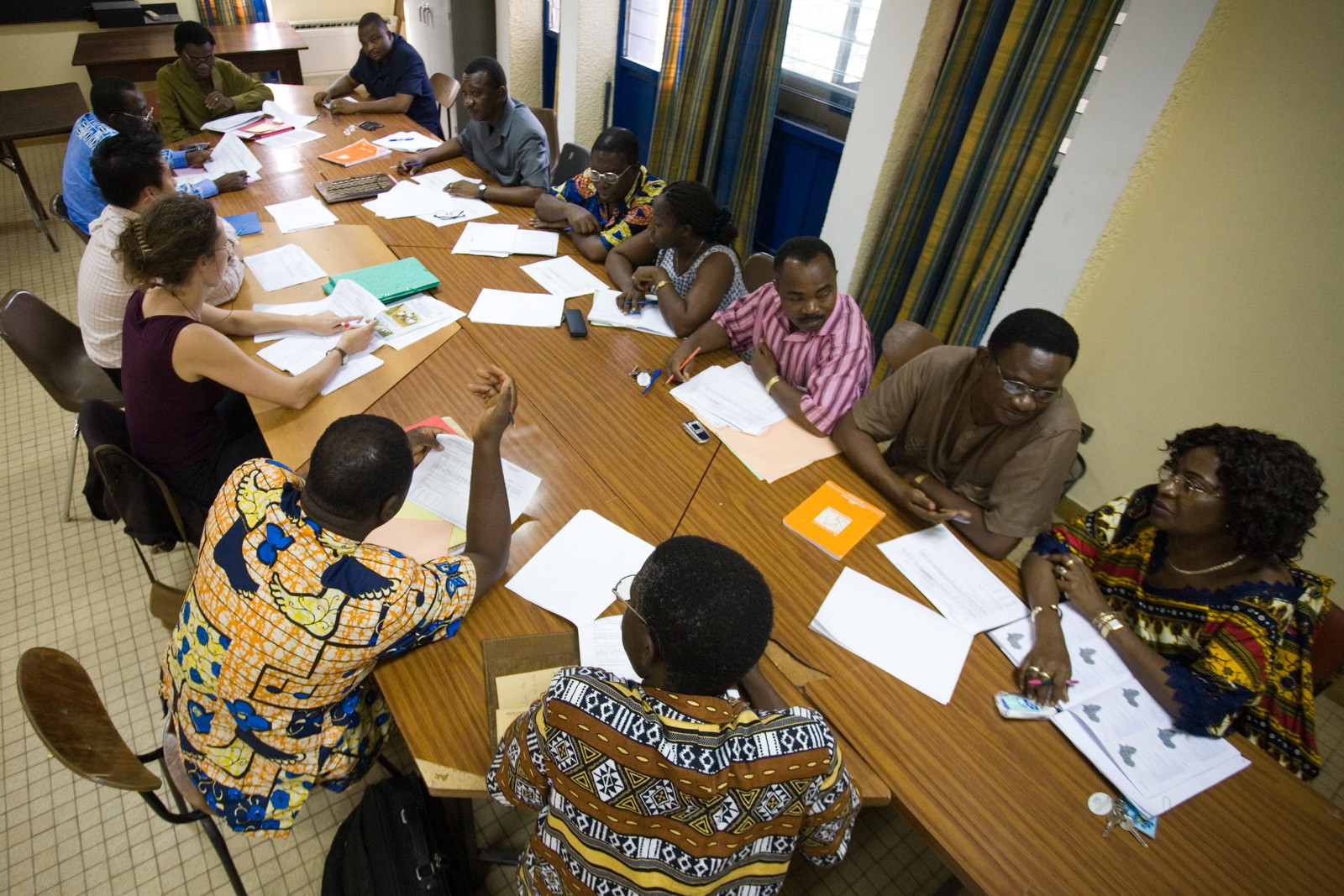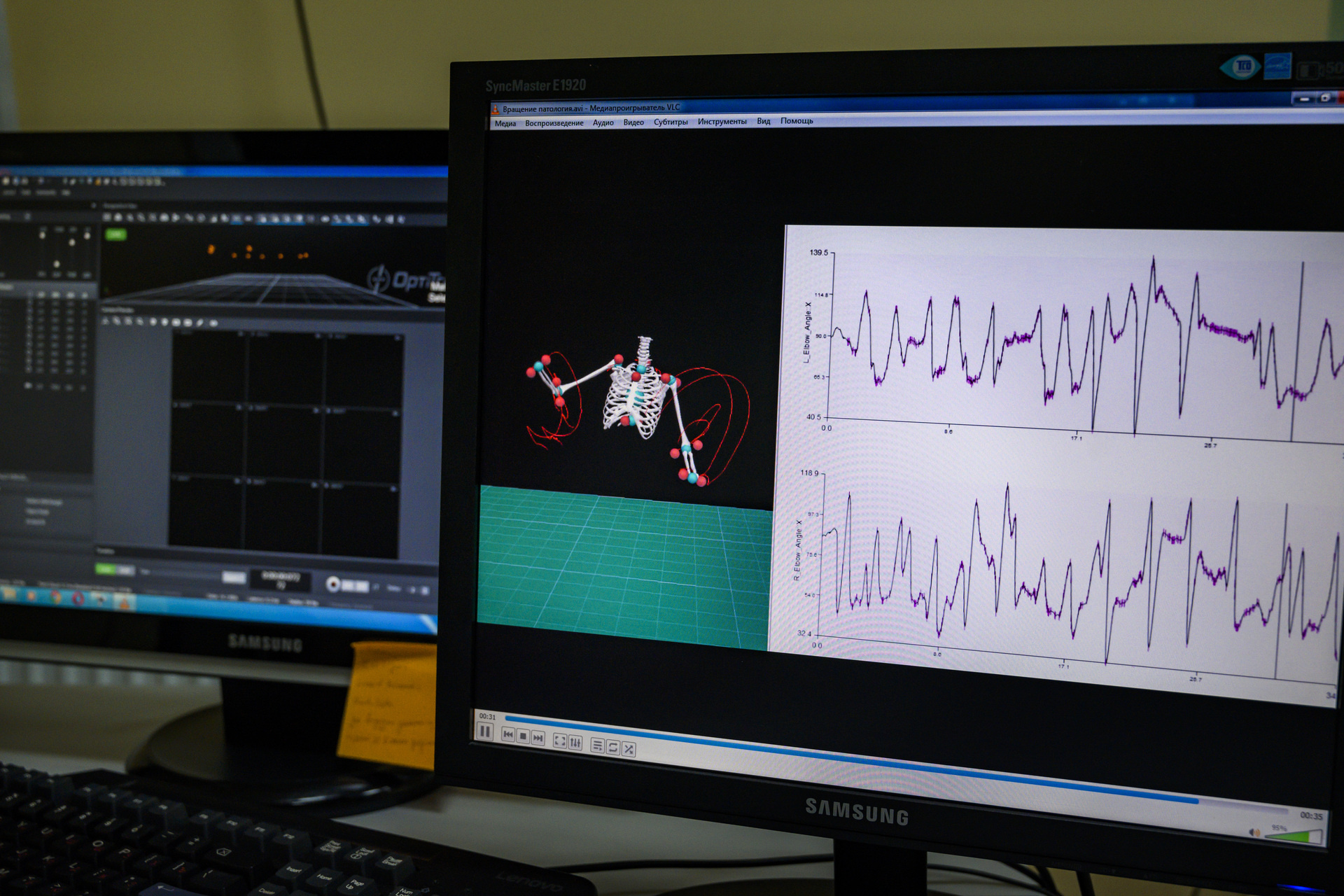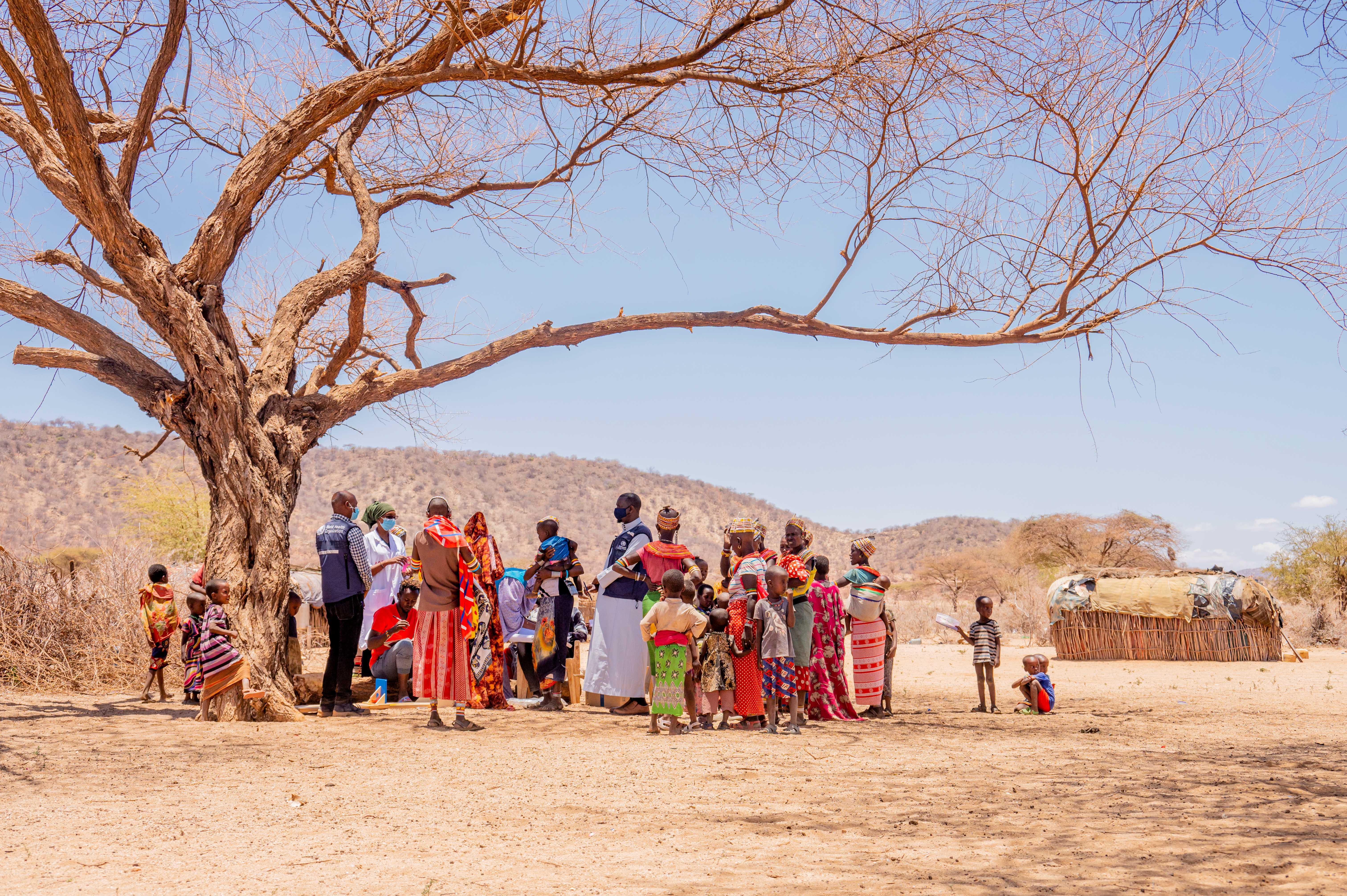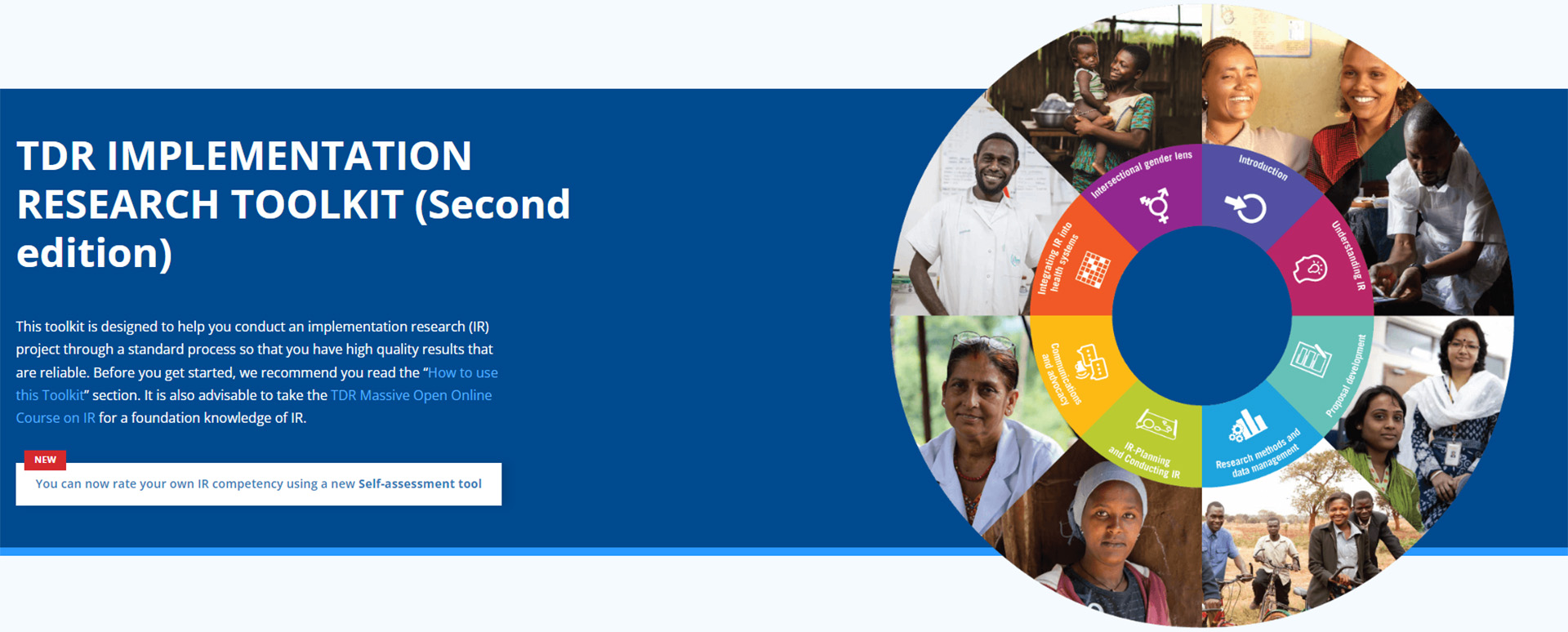
Research on noncommunicable diseases
Overview
The Department of Noncommunicable Diseases, Rehabilitation and Disability (NCD) recognizes the essential role of research in advancing progress towards NCD prevention and control targets. Aligned with the WHO Implementation roadmap 2023–2030 for the Global action plan for the prevention and control of NCDs 2013–2030 and working across the 3 levels of WHO, our research initiative aims to:
- promote research to support the implementation of WHO-recommended interventions, technical packages, and tools;
- strengthen the capacity of countries and regions to produce locally relevant evidence on NCD prevention and control;
- integrate implementation research within all NCD programme areas;
- identify current and future priorities in NCD research and innovation and develop and implement a global NCD implementation research agenda; and
- collaborate with stakeholders within and outside WHO to strengthen NCD research, with a strong focus on implementation research.
Our work
Our key areas of work include:
1. Country work
The NCD Department and Alliance for Health Policy and Systems Research are working together to coordinate implementation research projects in Ethiopia, Ghana, India and Nepal. The projects aim to enhance the integrated management of NCDs at the primary health care level. Learn more about this initiative.
2. Global leadership and advocacy
In July 2021, WHO established the Technical Advisory Group on NCD-Related Research and Innovation (TAG-NCD R&I). This advisory group guides WHO's leadership and coordination role in promoting and monitoring global action on NCD research and innovation. Explore the TAG NCD R&I.
3. Technical work – defining research priorities for NCDs
We have been conducting research prioritization exercises in different areas of NCDs, which will support countries to define context specific priorities.
A research agenda setting has been conducted for rehabilitation (the report can be found in the resource section below). Ongoing research prioritization exercises are underway for addressing areas such as cancer, diabetes, cardiovascular diseases, and NCDs in emergency contexts. The findings and outcomes of these efforts will be shared on this webpage for wider dissemination.
Looking ahead, in 2024 and 2025, we will facilitate global consultations aimed at defining a global research agenda for NCDs, with a particular focus on implementation research.
Resources
Publications


Other resources
Academic publications
- Hyder AA, Rylance S, Al Saegh A WHO NCD R&I TAG, et al Strengthening evidence to inform health systems: opportunities for the WHO and partners to accelerate progress on non-communicable diseases BMJ Global Health 2023;8:e013994.
- Collins, T., Akselrod, S., Berlina, D., et al. Unleashing implementation research to accelerate national noncommunicable disease responses. Global Health 18, 6 (2022)
- Marten, Robert et al. Committing to implementation research for health systems to manage and control non-communicable diseases. The Lancet Global Health, Volume 9, Issue 2, e108-e109.
- Hategeka C, Adu P, Desloge A, Marten R, Shao R, Tian M, Wei T, Kruk ME. Implementation research on noncommunicable disease prevention and control interventions in low- and middle-income countries: A systematic review. PLoS Med. 2022 Jul 25;19(7):e1004055.
- Jackson-Morris AM, Mutungi G, Maree E, et al. ‘Implementability’ matters: using implementation research steps to guide and support non-communicable disease national planning in low- income and middle-income countries. BMJ Global Health 2022;7:e008275.
- Rasanathan K et al, Non-communicable diseases: can implementation research change the game for policy and practice? The The Lancet, 2024, 2024









